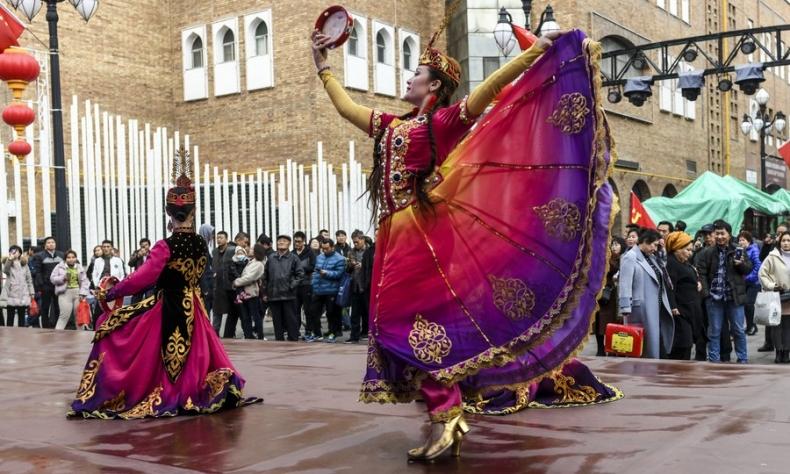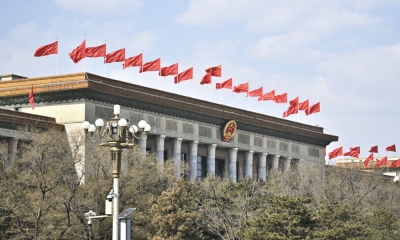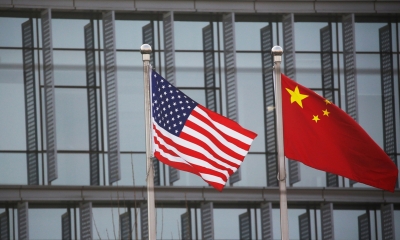Controversial Legislation on Xinjiang Purely Political Ploy

The nature of this bill has little to do with any alleged “compassion” toward an “oppressed minority,” but rather is a matter of pure politics and an integral part of a consistent policy of containing China.
President Donald Trump on June 17 signed into law the Uygur Human Rights Policy Act of 2020. The legislation is based on the fallacious argument that what China is doing with its law enforcement measures in Xinjiang, which have been highly exaggerated in the Western media, is not to prevent terrorism, but rather to oppress the Uygur population. But the nature of this bill has little to do with any alleged “compassion” toward an “oppressed minority,” but rather is a matter of pure politics and an integral part of a consistent policy of containing China.
The legislation would allow sanctions to be imposed on individuals who are said to be associated with such “human rights abuses” in Xinjiang, and it also mandates the Department of State, the FBI, and the Director of National Intelligence as well as the new Goebbels-like U.S. Agency for Global Media to report on allegations of such abuses. At a time when people are out on the streets in the United States demonstrating against unlawful abuses of U.S. citizens by U.S law enforcement, the U.S. Congress – and now the President – are empowering these same law enforcement entities to play the role of Big Brother on a global scale.
That such overreach would come from the U.S. Congress is no great surprise. As they generally make such a mess of domestic policy, ambitious congressmen often prefer to get involved in issues that they can more easily profile themselves on rather than tackling difficult tasks as building roads and hospitals and community centers in their own districts. While the roads and highways in their districts can go to pot, they can still portray themselves as great humanitarians through the legislation they write. And that Congress would go along with this piece of legislation is not totally unexpected, given that bashing China or Russia around election time seems to play well with the folks back home, who have probably visited neither of these countries. And the congressmen themselves base their arguments not on what they have seen and heard themselves, but on what certain elements of the Uygur diaspora wish to tell them.
But why is President Trump going along with such disruptive legislation passed by a Congress that had been intent on impeaching him? It is a pure political ploy. President Trump’s trade agreement with China has been overshadowed by his less-than-stellar performance in dealing with COVID-19. And now his former national security adviser, John Bolton, has joined the ranks of the Democrats’ “coup against the President” in trying to make “Chinagate” into what they previously tried to do with “Russiagate,” this time portraying the President as “soft on China.” So the level of desperation shown by the President in his recent anti-China diatribes indicates that he is grasping for some issue on which to hang his electoral hat.
Unfortunately, with such a defensive stance, he may only damage himself in the process. It is not at all clear that the general population is terribly interested in the China “blame game,” but may be more interested in regaining employment and getting the country back to work in a safe and secure manner. And, yes, a good part of the country is also interested in a debate on the issue of social justice and equality before the law. If the President would begin to concentrate on bringing the country together around his original platform of rebuilding America’s infrastructure, its roads, highways, and transit systems, he might just rediscover that winning formula that assured his victory in 2016.
 Facebook
Facebook
 Twitter
Twitter
 Linkedin
Linkedin
 Google +
Google +







